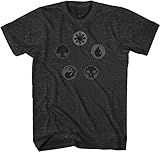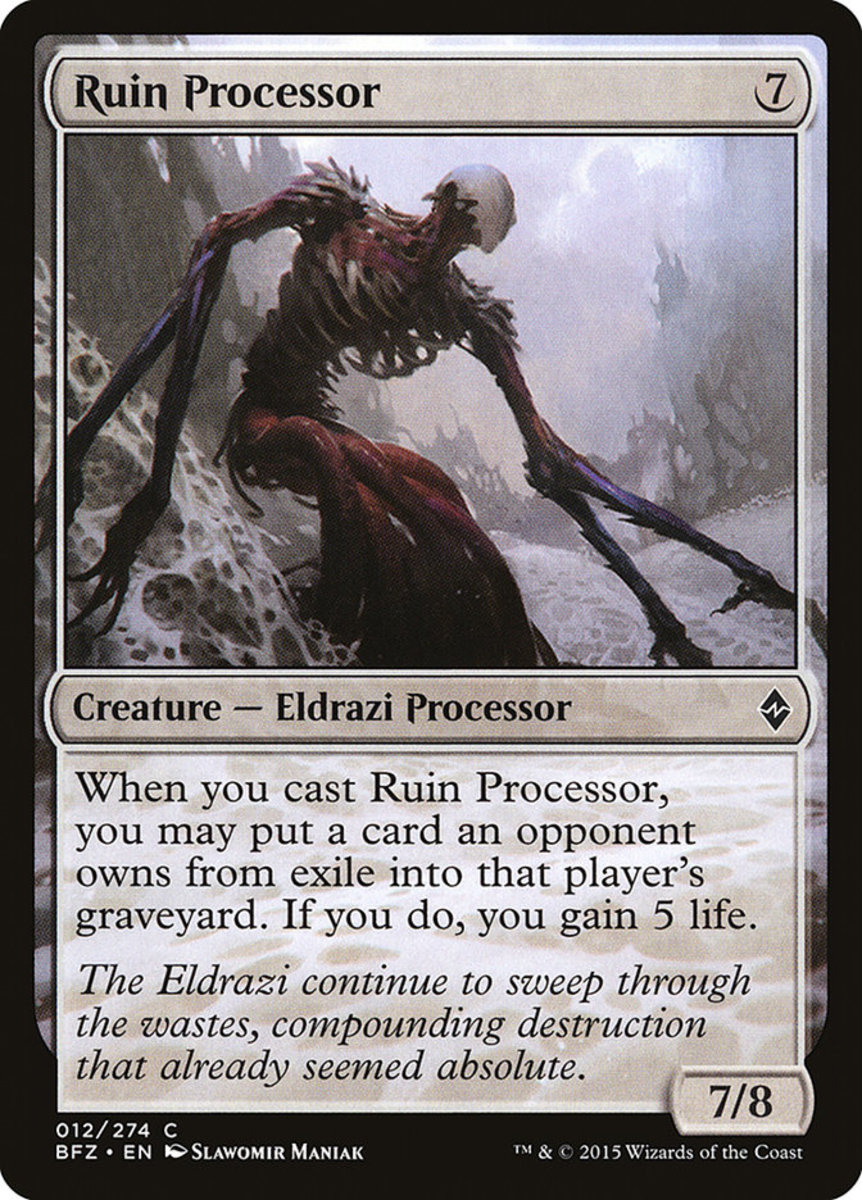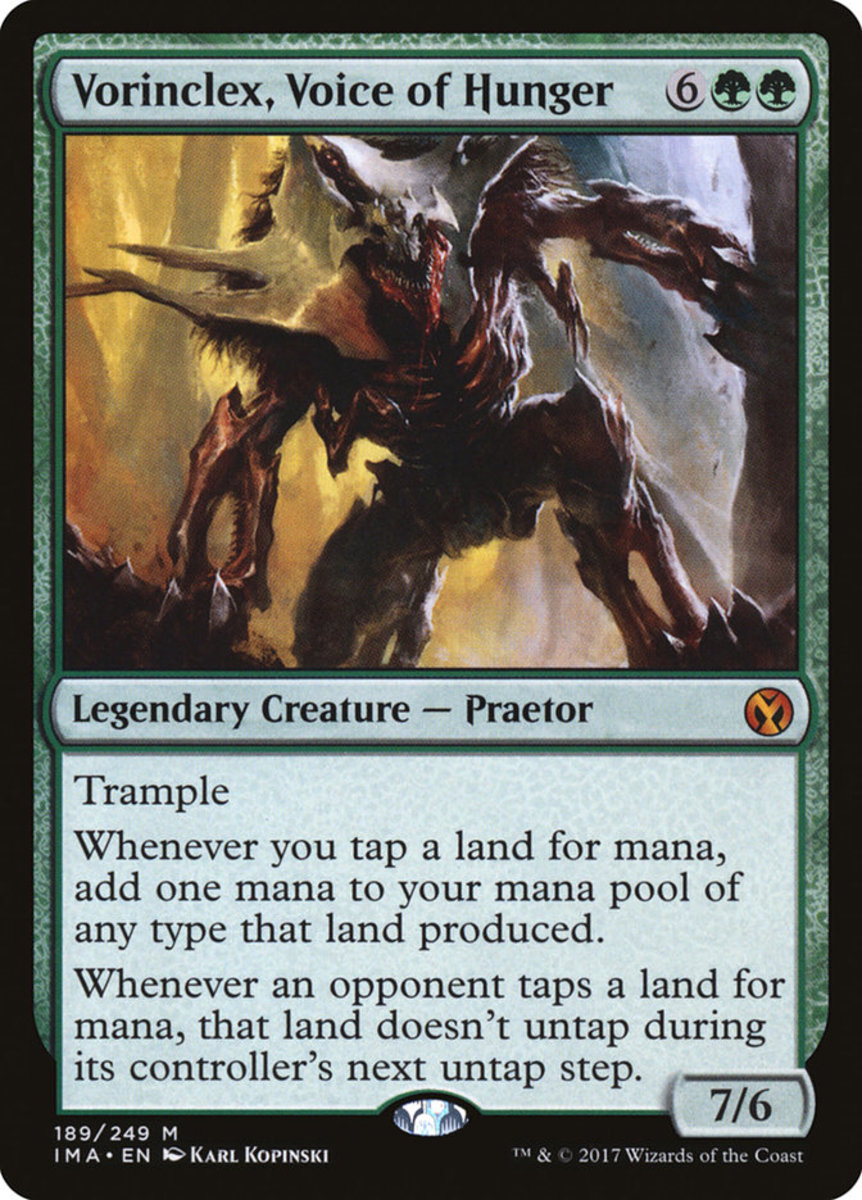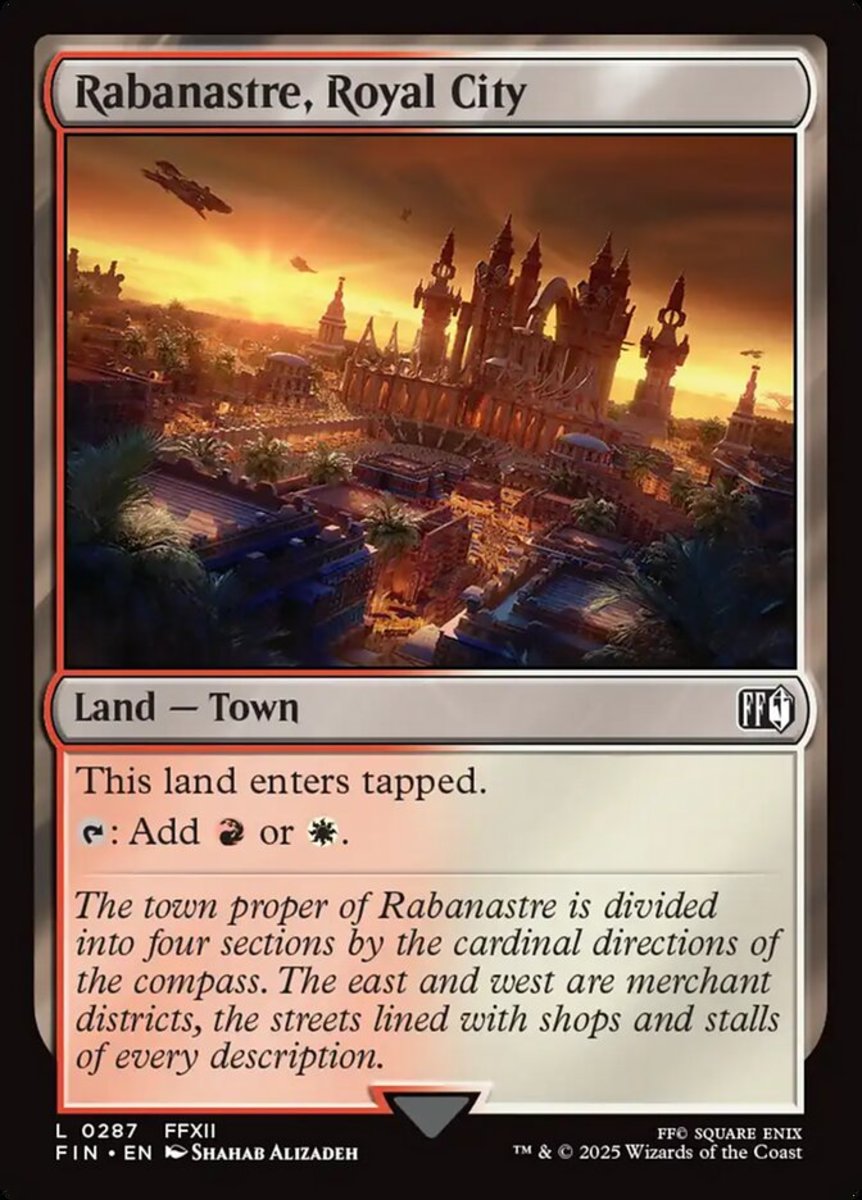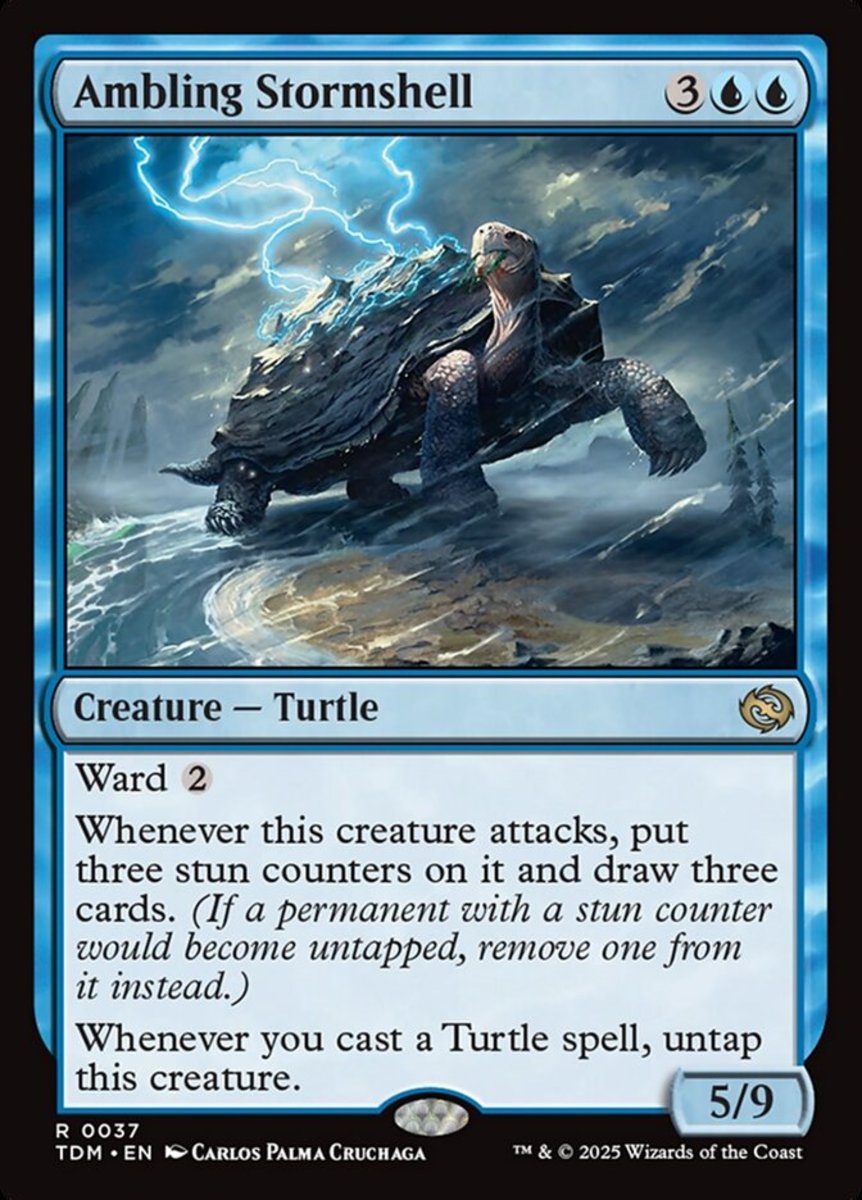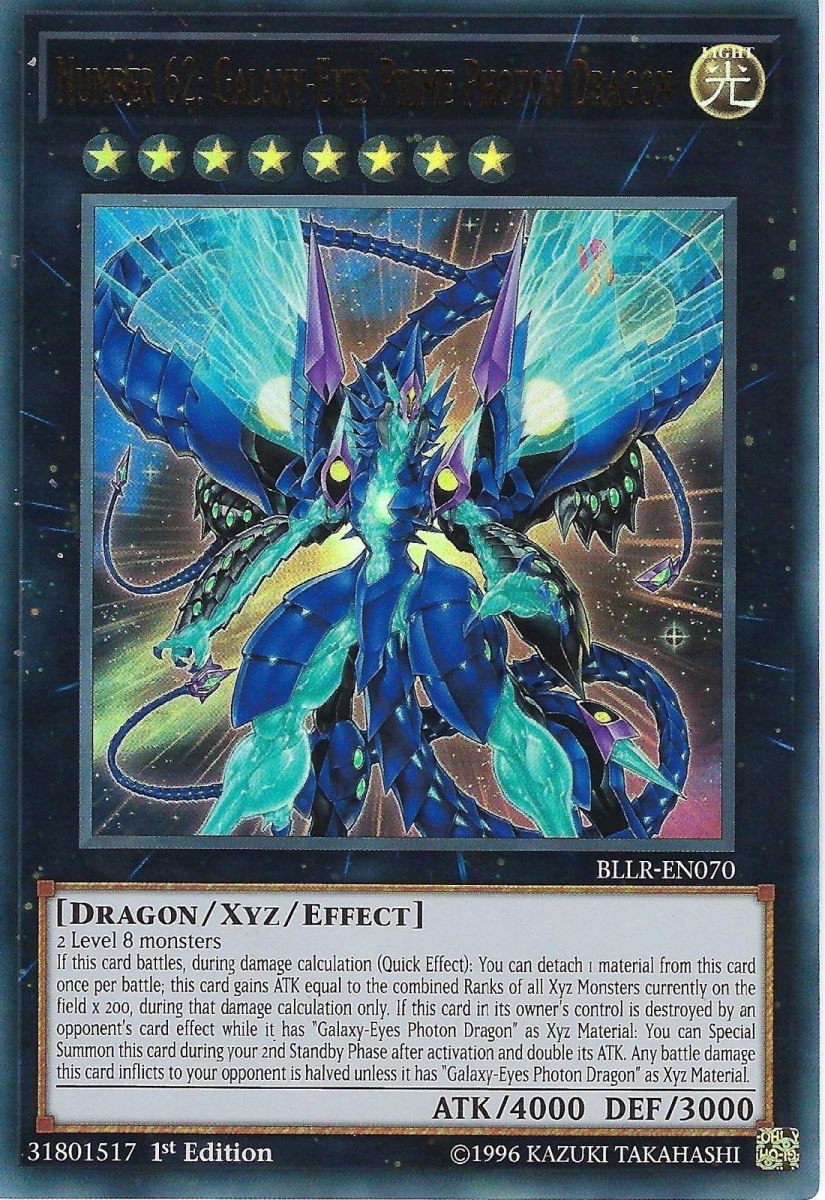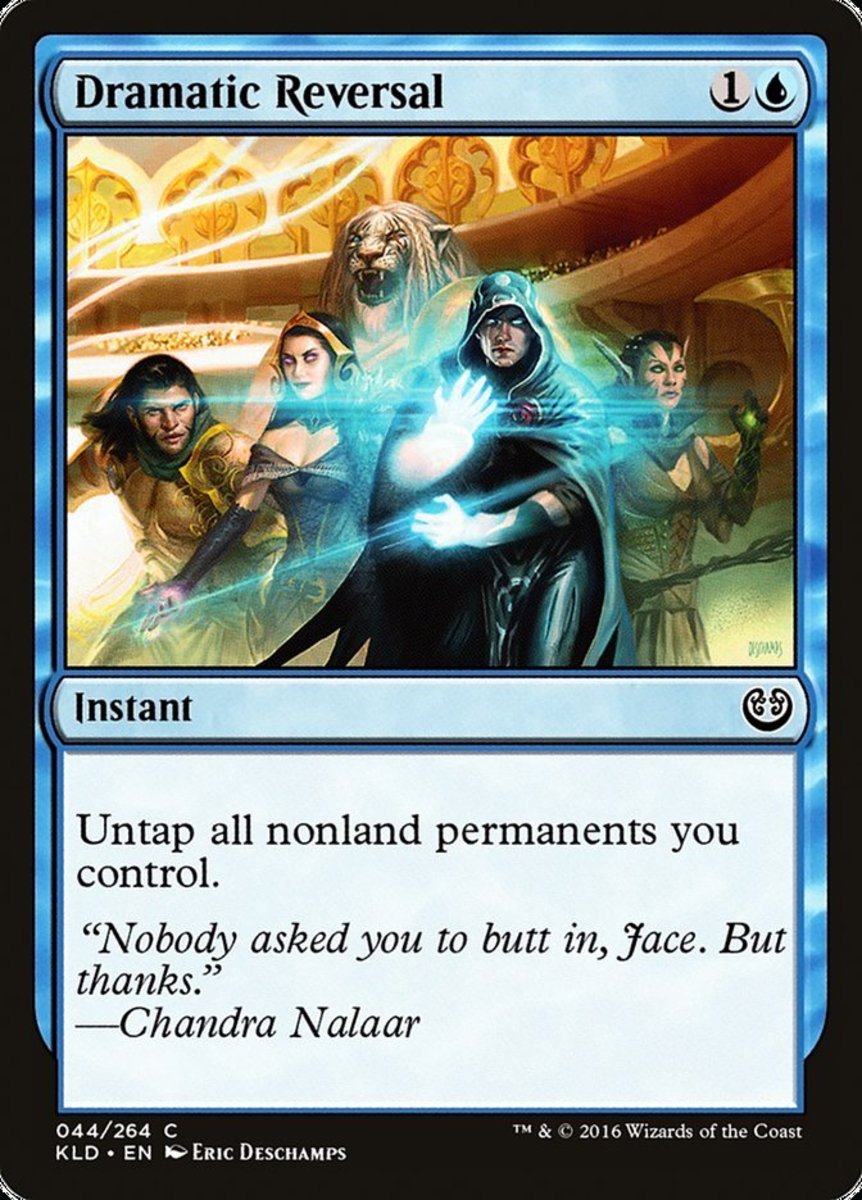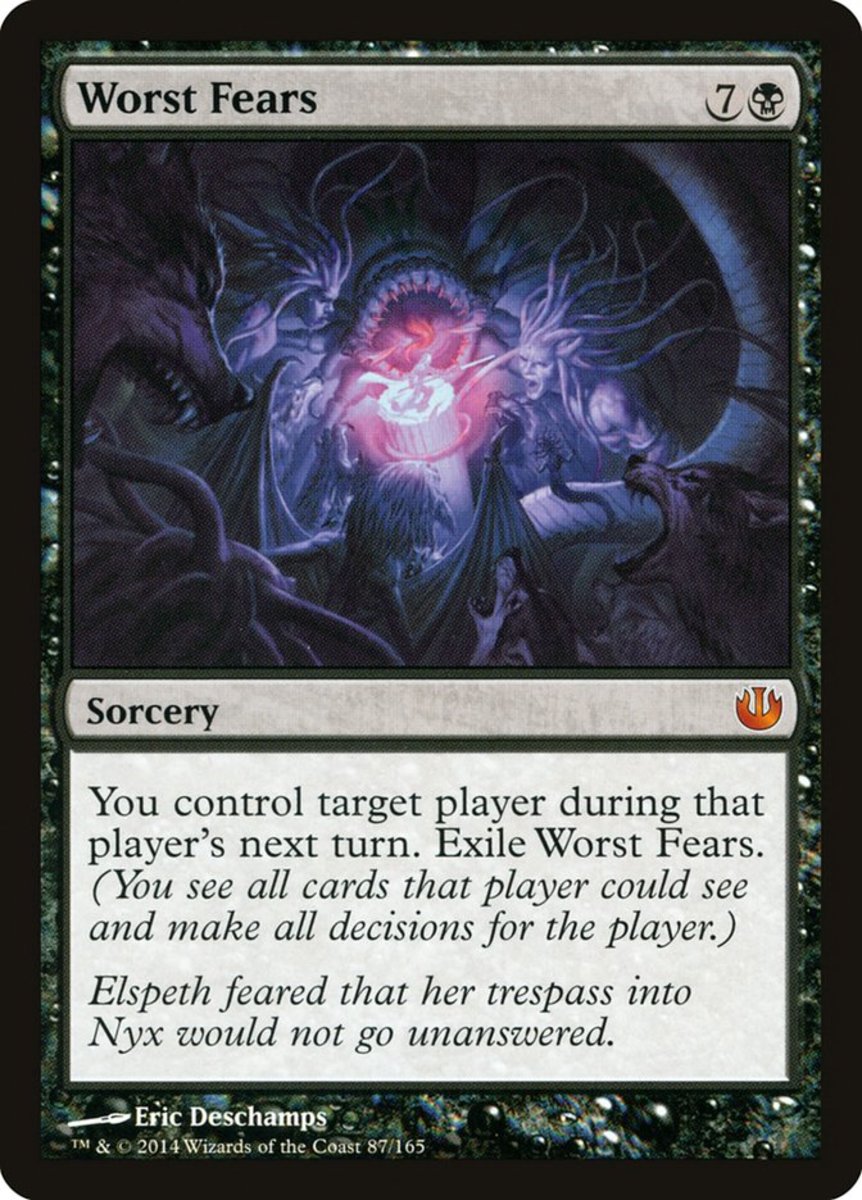Magic The Gathering Beginner's Starter Guide: How to Start Playing Magic
So you are interested in playing the world's number one card game? It is estimated that over 6 million people play Magic in over 70 countries. Maybe you are looking just to satisfy your curiosity, or maybe you are looking for something to start your imaginative child on a hobby that is very challenging and fulfilling. Magic: The Gathering is a card strategy game, with world upon worlds to explore and hundreds of creatures, heroes, villains, and adventure.
A note to all parents who are concerned that Magic: The Gathering negatively influences children by having violent, satanic, or demonic imagery. Magic helps players develop strategy, critical thinking skills, and allows them to expand their imagination while making new friends. It is important to understand that Magic is recommended for ages 13+ although I started playing Magic at about eight years old, and never once did I ever feel that I was being manipulated or taken advantage of. The artwork on Magic cards is never violent either. One thing that I have noticed over the years of playing Magic is it is a great way for players to express themselves. Each and every deck has a little bit of its creator in it. Magic allows players to make their own decisions, and has a 5 color scheme that encompasses pretty much all waves of thought.
Step One: Buy a Starter Pack
Magic is a very complex game that can be very intimidating to newcomers. The most important thing for a beginner is to learn the basics. Tapping lands for manna, the different types of cards, and how the stack resolves are very basic but difficult aspects of magic to become familiar with. If only just to get a feel of the cards in your hand, a starter pack will educate you and familiarize you with the game.
But what if your not ready to shell out some bucks for some cards? There are numerous ways to get a taste of Magic. I highly recommend Wizards' starter page, where you can download an interactive demo. They can teach you more about magic than an article ever could, more importantly the demo allows you to teach yourself. I This is a great option if you do not know many people who play magic,or if you are self-conscious about your Magic "skills."
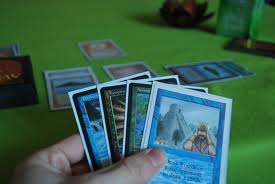
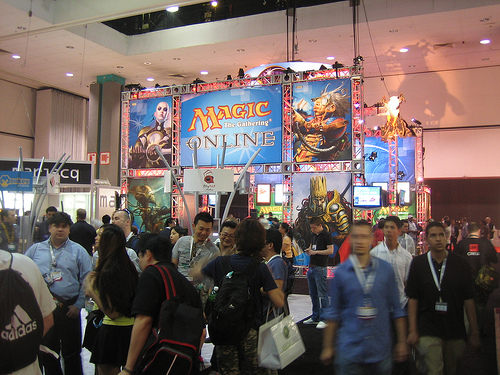
Step Two: Join an Online Community
There are many different websites that allow you to deck build and search decks, cards, and strategies. My personal favorite is Essentialmagic.com. Its free, and has an active community that is willing to help you learn. Essential has an online card database that allows you to instantly add cards to your deck, and even allows you to simulate a game, all the way down to the cards you draw each turn.You might also consider playing Magic the Gathering Online. It is virtually identical to traditional Magic except you play from a computer rather than in person.
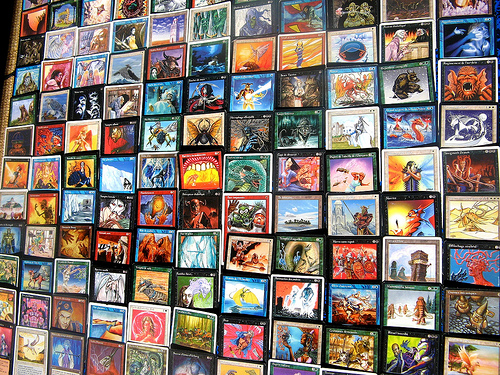
Step Three: Buying Cards and Building a Deck
First decide what type of magic you want to play. Most players play Type 2, which is the cheapest and the least difficult. Wizards of the Coast cycles out older sets of cards in type 2. This means that eventually all cards will no longer to be used in type 2 tournaments.
Magic is a hobby so it does cost both time and money. However you do not have to fork over bundles of cash to fully enjoy playing Magic. Probably the least efficient way to get the cards you need is to buy booster packs. Buying cards individually is a much better way to get the cards you need. However, if you like to haggle, consider buying a booster box, where you can get the most bang for your buck. From there you can always trade up, that is, trading a less valued card(s) for a higher valued one or sell off high price cards for profit.
Step Four: Get out and Play!
Friday night magic is a great way to test your skills as a magic player. The important lesson to be learned is that your probably not going to come any place close to first. Do not get dicouraged, magic takes a long time to master, and there is always a small degree of luck involved.


